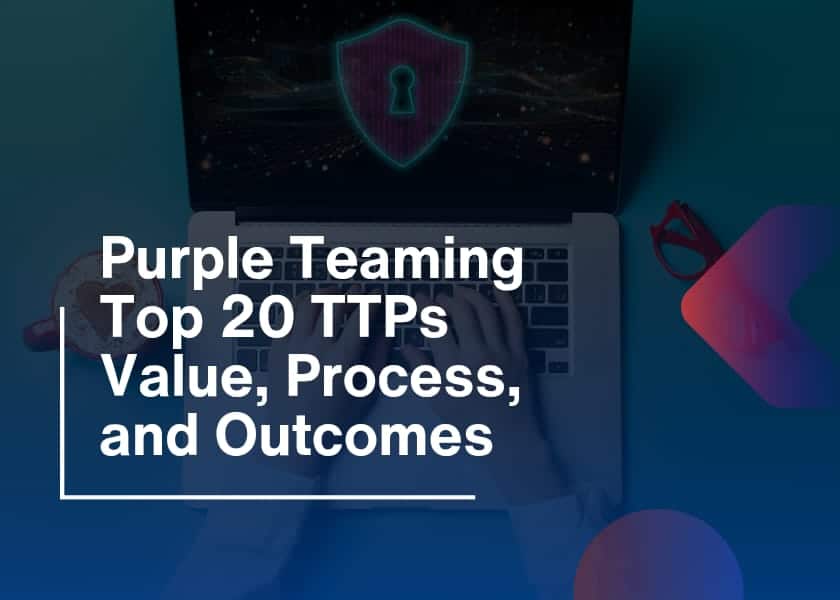Have you ever wondered how Saudi Arabia is securing its future as it adopts the digital age? As the Kingdom adopts advanced digital solutions, digital security in Saudi Arabia has become a serious concern. Traditional cybersecurity measures are no longer sufficient. To ensure long-term success, Saudi Arabia needs to adopt proactive cybersecurity strategies that prevent cyber threats before they happen. By focusing on prevention, organizations can secure their digital platforms and protect sensitive data from malicious actors.
Saudi Vision 2030 and Digital Security in Saudi Arabia
Multiple business sectors have technological development at their core as part of Saudi Vision 2030. The national development program focuses on four areas requiring e-governance, digital healthcare, e-commerce, and smart cities. Every one of these sectors needs protected digital systems to maintain operational efficiency.
In addition, unstable digital security standards in Saudi Arabia create obstacles that threaten to block achieving these ambitious goals. Public trust in digital applications faces the risk of termination because of cyber threats, which will create economic problems.
What is Proactive Cybersecurity?
Proactive cybersecurity is the strategy of preventing cyber threats before they occur. It focuses on identifying vulnerabilities and stopping attacks in advance rather than reacting after the damage is done.
However, this approach is gaining importance in Saudi Arabia as digital transformation speeds up. By detecting threats early, organizations can avoid disruptions and protect their sensitive data effectively.
By staying a step ahead, proactive cybersecurity reduces long-term risks and costs. It also builds trust among customers, partners, and regulatory bodies. Thus, making it essential for modern Saudi businesses aiming for sustainable digital growth.
Aligning with Global Cybersecurity Standards
International Compliance
The future development of Saudi Arabia’s digital infrastructure means it needs to adhere strictly to established cybersecurity rules worldwide. Therefore, organizations that practice proactive cybersecurity stay compliant with worldwide regulations and maintain their position against competitors.
Furthermore, organizations following international standards achieve better trust from both international business partners and customers.
Competitive Advantage
Security compliance standards enable businesses to achieve both international norms and create stronger corporate prestige. So, organizations that maintain a safe digital system gain increased competitive market advantage since global business networks continue to expand.
Building Trust through Proactive Cybersecurity
Strengthening Consumer Confidence
Customers in the digital era strive to protect their personal information because of rising digital security concerns. Secure information management through cybersecurity strategies creates customer trust, which builds loyalty between the organization and its clients.
The trust of Saudi Arabian businesses remains fundamental to achieving sustainable future growth.
Enhancing Government Trust
Government entities achieve higher levels of protection by taking the lead in their cyber defense strategies. So, the protection of digital data encourages individuals to use electronic services. Because data breaches no longer pose threats to their information security.
The public trust plays a vital role in achieving Saudi Vision 2030 objectives.
Key Strategies for Implementing Proactive Cyber Defense
1. Investing in Advanced Security Tools
Through AI-powered tools combined with machine learning algorithms, Saudi businesses receive real-time threat detection, which allows them to respond before cybercriminals do any harm.
The implementation of these tools by Saudi organizations enables continuous system tracking combined with immediate responses to developing security risks.
2. Employee Training and Awareness
The first role of defense against cyber threats falls to employees working within organizations. Businesses must provide consistent education about scam recognition alongside strategies for resisting risky links to their employees.
Additionally, organizations that encourage their staff members to learn security guidelines minimize mistakes and build up their total defense capabilities.
Government Initiatives for Proactive Cybersecurity
1. National Cybersecurity Policies
The Saudi National Cybersecurity Authority uses its position to develop comprehensive cybersecurity policies for the nation. These policies create standards that business operations and government institutions need to use while activating proactive cyber defense systems.
Saudi entities benefit from the implementation of these frameworks, which help them improve their digital security performance.
2. Financial Incentives for Cybersecurity Investments
The Saudi government provides funding support to organizations that spend money on cybersecurity technologies and practices. The Saudi government assists firms and businesses in adopting innovative security solutions by providing financial support.

Benefits of Proactive Cybersecurity for Saudi Businesses
1. Protecting Critical Digital Assets
The Selection of digital security Saudi measures ensures Saudi businesses protect essential assets, including their intellectual property and data points. Protective defense measures guarantee the ongoing security of vital assets from theft events and loss incidents.
Therefore, organizations supported by effective cybersecurity frameworks will continue to function cohesively, although hackers might try to disrupt their operations.
2. Reducing Financial Risks
Several types of serious monetary damage can arise from successful cyber hacker attacks. A company will face enduring expenses such as recovery costs along with a damaged reputation, which causes extensive damage.
The implementation of proactive cybersecurity practices helps Saudi organizations avoid cyberattacks successfully and protects their assets.
Overcoming Challenges in Cybersecurity
1. Lack of Awareness Among Businesses:
Many Saudi businesses, especially small and medium-sized enterprises (SMEs), still focus on reactive cybersecurity measures. Only a few organizations recognize that active cybersecurity applies as much importance on threat prevention before the threat materializes. Therefore, Businesses must receive proper education about proactive security defense to develop a safer digital platform.
Financial limitations on SMEs:
Small and medium-sized enterprises find it challenging to afford modern cybersecurity solutions that large corporate organizations can implement. The security software provided with AI-driven defense features and real-time monitoring remains costly for organizations. The Saudi government provides monetary aid and guidance to organizations of various sizes for the digital Saudi security system implementation.
Conclusion
Digital security in Saudi Arabia functions as an indispensable requirement for Saudi Arabia’s ongoing digital modernization process. Saudi Arabia must place proactive cybersecurity measures in advance for its Saudi Vision 2030 advancement strategy. In addition, organizations benefit from this cybersecurity method through the prevention of cyber threats and the growth of trust.
The future prosperity of Saudi business and government organizations depends on their investment in advanced technological solutions. Additionally, employee education is along with international security standards.





